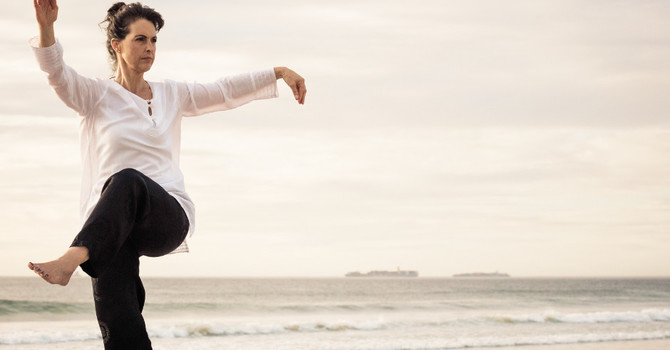We are in the middle of an epidemic. Not the kind that is spread from aerosolized viral particles (though it is partially a result of that). This is the kind of epidemic that people might not even be cognizant that they are suffering from. They might have discomfort in their ribcage, heart palpitations, or neck tension. Some experience a fluttering sensation moving up from their abdomen (this is called ‘running piglet’ in Chinese medicine), while others develop a stuck sensation in their throat (this is called ‘plum-pit qi’). Occasionally, they might have digestive symptoms like diarrhea, gas, or bloating. These are all indications that a person’s nervous system might be getting taxed beyond what it can handle. Especially if the symptoms worsen when they are feeling stressed.
I have been feeling this nervous system taxation in nearly every single pulse that I have felt for the past year or two. There is often a vibratory quality, or a hesitancy. Sometimes it is bounding and tense. But, more often than not, I feel a tension in the diaphragm area of the pulse. If you aren’t familiar with Chinese medical pulse-taking, allow me to explain a bit. We do much more than feel for the rate of the pulse. We feel for certain qualities that indicate specific tissue states. We feel three different depths of the radial artery, and three different positions on each wrist. These positions and depths give us specific information about each “organ” (according to our way of seeing organ systems, which is very different from biomedicine).
My patients tend to have different ways to refer to their nervous system tension. Some might say that they are stressed, overworked, tense, anxious, having panic attacks, or just feeling a sense of dread. The simple truth is, most of us are paying more attention to the news and social media than we are to our own bodies. If you are truly ready to make lasting change and address the underlying causes, here is the homework that I start all of my patients out with while they are receiving treatment with me.
Reset
Making lifestyle changes is the hardest, but most successful way to reset your nervous system. Start off making small changes so that you can sustain the success. As you feel better, add a new challenge, and so on. Track your progress and set goals on paper.
To get started with your reset, the most foundational yet rewarding skill to master is breath work. The best part is, this is as simple as it gets. I really like Andrew Huberman’s “Physiological Sigh” video below. I recommend listening to any podcast he is on, as he is on the cutting edge of neural research.
And while we are on the subject of podcasts, make a list of your top 5 inspirational authors, scientists, writers, storytellers, etc. Listen to them on podcasts or read their blogs (or books!) instead of scrolling through social media or watching the dreadful news. This is such an instant change, and it will help you feel hopeful and inspired rather than angry and afraid.
Rest
I tell my patients to set their alarm for when to go to bed instead of when to wake up. Honestly, how many times have you sat down at the computer at 9:30 just to wind down before bed, then looked at the clock to find that it is midnight? And then, it takes you an hour to fall asleep because your mind is reeling at everything you just witnessed? And you have to go to work the next day? Just imagine how you would feel if you had just gone to bed at 9:30. What did all of that computer time accomplish? I think this one change is so powerful, but for some reason, patients tend to be most resistant to having an earlier bed time. Before 10pm is ideal in regards to circadian rhythms.
Resiliency
How does one build resilience? I look to the Stoics for just the answer!
But resilience can also be achieved through physical means. Our bodies are a reflection of our minds and vice versa. While we are enjoying a sedentary lifestyle, watching the worst news of the world happening in real time, our bodies are not being challenged and our minds become totally detached from this. You can build mental resilience by building physical endurance. Experience nature, even when it is very cold or very hot or raining outside. Exercise outside. Walk backwards! Yes! Walk backwards for 15 minutes a day. When I was in China, elderly folks would walk backwards down the sidewalk and through parks. It turns out, this is a phenomenal exercise! It builds mental strength and can even cure knee and lower back pain!
Once you begin your reset (start going to bed before 10, learn some breathing techniques and build some resilience), then you can consider some other extremely important and often more challenging factors. The biggest one? Diet, of course. Eating clean is HUGE. But it takes time and planning and effort. And the payoff is so much more than worth the expense. It really is as simple as eating vegetables and decent meat. Cut back or quit caffeine entirely, reduce carbs, and avoid sugar at all cost.
There you have it. Also…acupuncture is extremely effective at reducing feelings of anxiety, stress, and anger. So, if you live near Athens, Ohio, I’d love to hear from you. If you aren’t, you really should ask around and get some referrals for a good acupuncturist.
It can sincerely be life-changing.

Ursa Shapla
Contact Me



